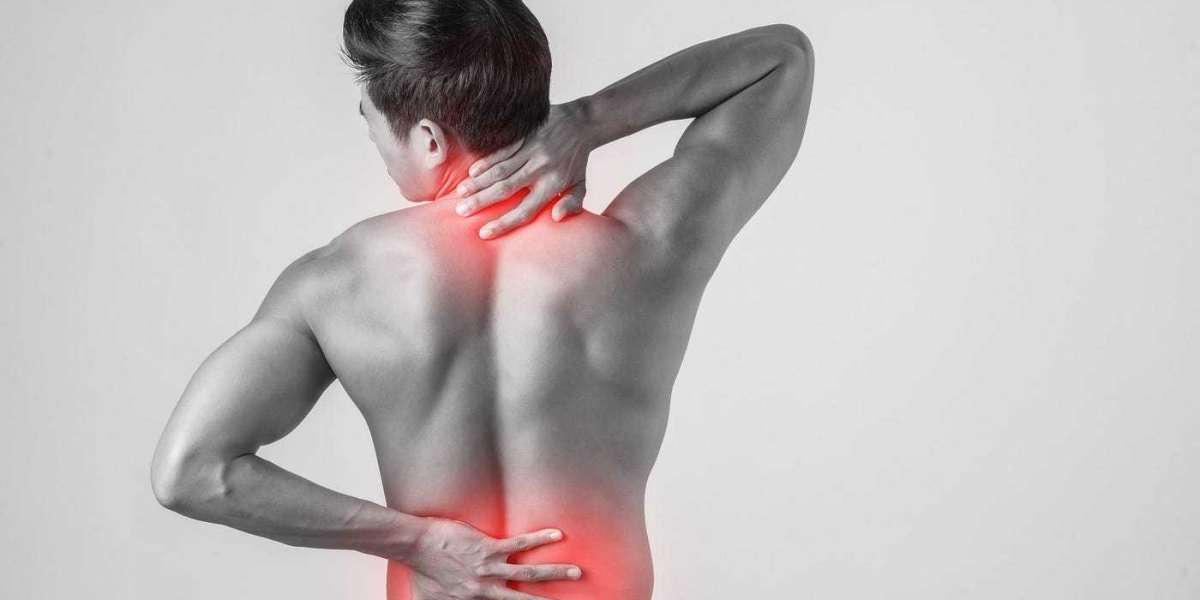Tattoos have evolved from cultural symbols to personal expressions of art and identity. If you're considering getting inked, one of the crucial factors to consider is the cost. Tattoo prices vary widely, influenced by factors such as the artist's skill level, the complexity of the design, size, location on the body, and geographical location. In this guide, we'll explore the various factors that determine how much do tattoos cost.
Artist's Skill and Reputation:
The skill and reputation of the tattoo artist play a significant role in determining the cost of a tattoo. Highly skilled and well-known artists often charge more for their services. Artists with a strong portfolio, positive reviews, and a solid reputation may command higher prices due to their expertise and demand.
Design Complexity and Detail:
The complexity and level of detail in your chosen design directly impact the cost of the tattoo. Simple, small designs generally cost less than intricate, detailed artwork that requires a higher level of skill and time commitment from the artist. Elaborate designs with fine lines, shading, and intricate patterns may require multiple sessions, contributing to increased costs.
Size and Placement:
The size and placement of the tattoo on the body also influence the overall cost. Larger tattoos typically cost more due to the increased time and effort required to complete the design. Additionally, certain body areas are more challenging to tattoo and may demand higher fees. Areas with sensitive skin, intricate contours, or higher pain sensitivity may contribute to increased costs.
Color vs. Black and Gray:
The choice between a color or black and gray tattoo can affect the overall cost. Color tattoos often require more skill and time, as the artist must carefully blend and layer pigments. Black and gray tattoos may be more cost-effective, but the artist's proficiency in shading and contrast still plays a significant role in determining the final price.
Hourly Rates vs. Flat Fees:
Tattoo artists may charge either an hourly rate or a flat fee for their services. Hourly rates vary widely and can range from $50 to $300 or more, depending on the artist's experience and location. Some artists prefer to work on a flat fee basis, especially for smaller, well-defined pieces. Discussing the pricing structure with your chosen artist beforehand will help you understand the financial commitment.
Geographical Location:
Tattoo prices can vary based on the geographical location of the tattoo studio. In metropolitan areas with a higher cost of living, tattoo prices may be higher to cover operating expenses. Conversely, in less populated areas or regions with a lower cost of living, prices may be more affordable.
Consultation and Customization:
Many tattoo artists offer consultation sessions to discuss design ideas, placement, and estimated costs. Customizing your tattoo or requesting modifications to existing designs may incur additional charges. Clear communication with your artist during the consultation can help establish a budget and ensure both parties are on the same page.
Tips and Aftercare Products:
While not included in the initial tattoo cost, it's customary to tip your tattoo artist as a gesture of appreciation for their work. Additionally, some studios may recommend specific aftercare products, such as ointments or lotions, to help promote healing. Factoring in these additional costs ensures that you are well-prepared for the entire tattoo experience.
Conclusion:
Determining how much tattoos cost involves considering various factors, and the price can range from a few hundred to several thousand dollars. It's essential to do thorough research, choose a reputable artist, and communicate openly about your budget during the consultation. Remember that a tattoo is a permanent piece of art on your body, and investing in a skilled and experienced artist can contribute to a positive and satisfying tattoo experience.

